Career Paths
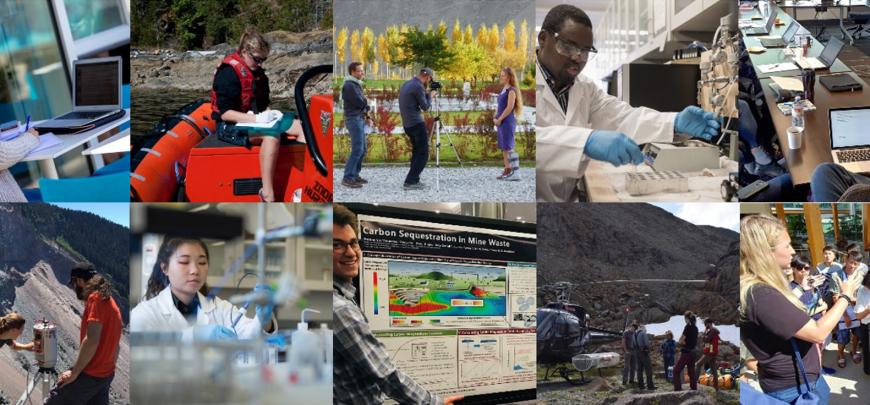
Opportunities for making satisfying and lasting contributions in scientific and technical fields abound with a degree in one of the many Earth Ocean and Atmospheric Science Specializations.
How does an EOAS background contribute to versatile career options?
Multidisciplinary skills and knowledge
From mathematics, computing and physics to environmental sciences, fisheries management, geology, climate change, Earth or resource stewardship, oceanography or engineering – your pathway to versatile opportunities that will take you on the journey of your life starts in Earth, Ocean and Atmospheric Sciences.
Rigorous foundations acquired in context
Early efforts to master the foundations in mathematics, computing, physics, chemistry and biology become meaningful when learned in the context of Earth, ocean, climate or atmospheric sciences. These settings, and the department’s personal, collegial environment, make that learning uniquely effective and rewarding.
What do today’s - and tomorrow’s - employers look for?
Versatile employees and partners with the essential capabilities critical for addressing society’s current challenges. And - your contributions 5, 10, 20 or more years from now will depend on that fundamental knowledge and those highly transferrable skills that are at the core of EOAS subjects.
EOAS – unequaled preparation to address society’s major challenges
Society depends upon making science-based decisions about how we address climate change, find and use materials, manage environments responsibly, and mitigate hazards associated with the dynamics of our planet. Corresponding careers and occupations available to EOAS graduates are among the most diverse and interesting options.

Current needs and long term prospects:
Explore career prospects, current demand in the geosciences and other professional and career oriented information at the regularly updated Geoscience Workforce section of the American Geosciences Institute (AGI). They focus mostly on the United States context, but that is representative of global geoscience workforce trends. Examples include:
- 2019 Median Annual Salaries of Geoscience-related Occupations.
- Geoscience Workforce Projections 2019-2029.
- Composition of the Geoscience Workforce (1999-2019).
- Reports of various kinds almost weekly – see for example:
- There is an excellent section specially for supporting geoscience students, including a recorded webinar and brochure called “Careers that Changed the World”.
- And much more.
UBC Faculty of Science careers information
- Descriptions of potential future occupations accessible to graduates with science degrees.
- Summaries of all 27 Faculty of Science specializations, including relevant links to each UBC calendar entries, relevant student club websites, undergraduate advisors and program specialization websites at corresponding departments.
Employment prospects for EOAS graduates
These seven sections provide hints regarding many professional and “future-ready” occupations accessible to graduates from our specializations. Also note that EOAS degree specializations can be combined with each other or with specializations in other departments for a “Combined Majors Degree”.
See our degrees page for more details.
BSc grad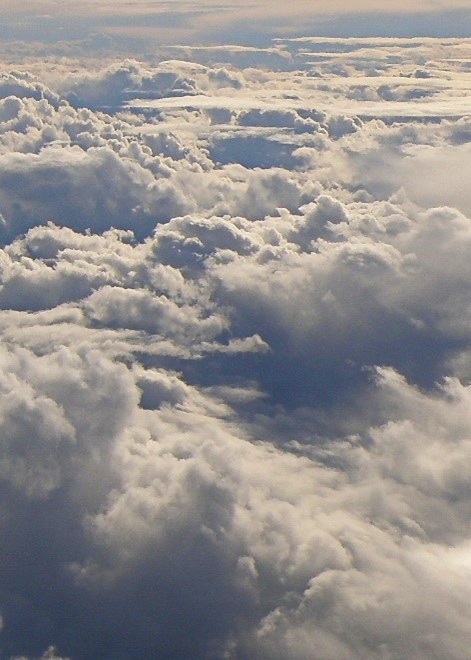 uates may work in air quality meteorology, environmental consulting, as government weather forecasters, or with weather-forecast companies that tailor forecasts for agriculture, aviation, transportation, insurance, commerce, and air quality. Related careers include jobs as pilots, air-traffic controllers, fire-weather forecasters, weather-software and app developers, and TV meteorologists.
uates may work in air quality meteorology, environmental consulting, as government weather forecasters, or with weather-forecast companies that tailor forecasts for agriculture, aviation, transportation, insurance, commerce, and air quality. Related careers include jobs as pilots, air-traffic controllers, fire-weather forecasters, weather-software and app developers, and TV meteorologists.
Some jobs involve field work to deploy instruments or make observations. However, most are indoor jobs that focus on analysis of data or computer programming.
Skills that are relevant for all these options include meteorology, communication, teamwork, and computer programming. The Atmospheric Science specialization is designed to give graduates strengths in these areas with the opportunity to take electives appropriate to their desired career path. The atmospheric sciences program regularly disseminates employment opportunity postings to its enrolled students.
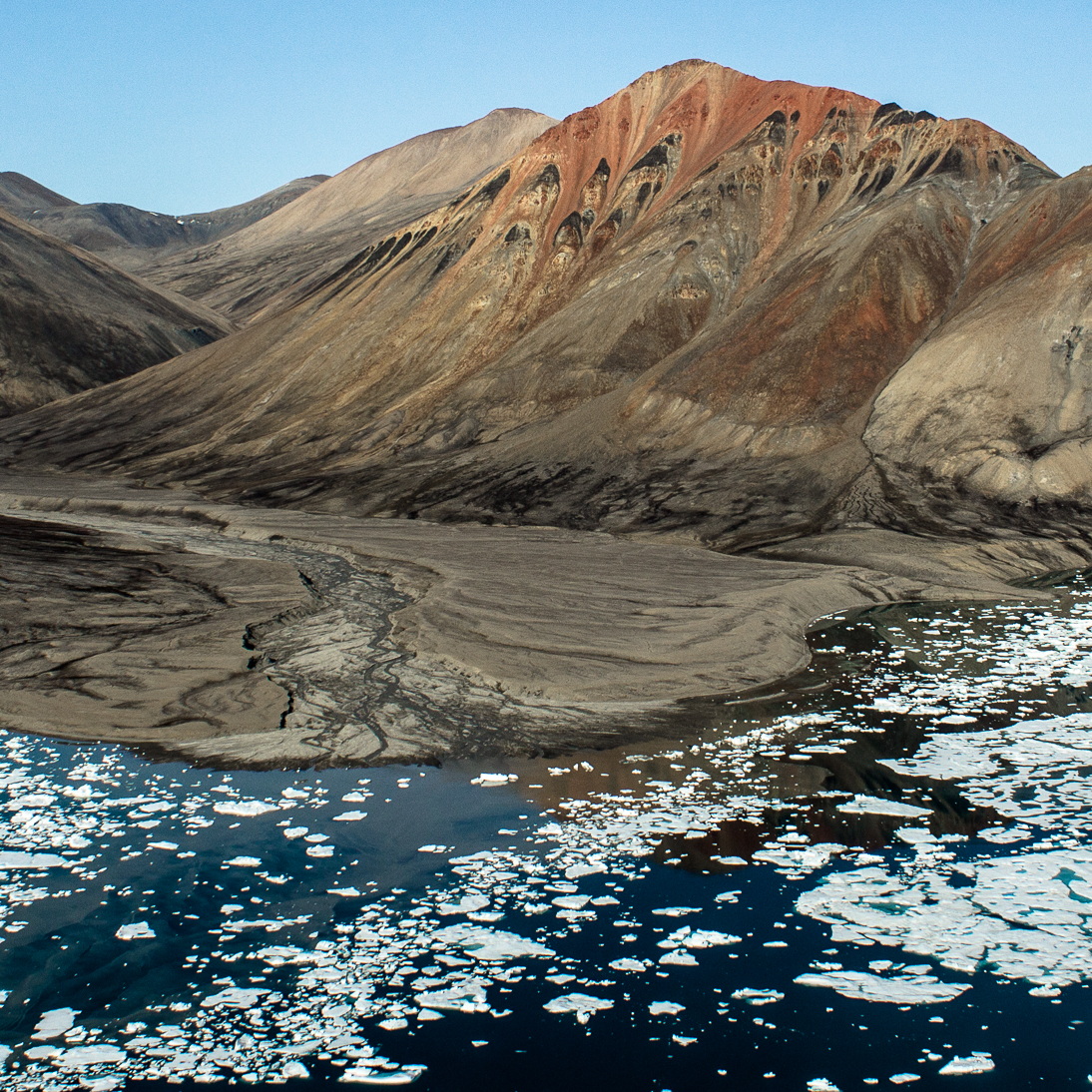 Earth and Ocean Sciences is a flexible specialization that can encompass the broad spectrum of disciplines within EOAS. Students may choose to focus on geology, geophysics, oceanography or atmospheric sciences or choose courses for a broader overview of Earth Science in preparation for further degrees in education, pre-med, law, journalism, or other disciplines.
Earth and Ocean Sciences is a flexible specialization that can encompass the broad spectrum of disciplines within EOAS. Students may choose to focus on geology, geophysics, oceanography or atmospheric sciences or choose courses for a broader overview of Earth Science in preparation for further degrees in education, pre-med, law, journalism, or other disciplines.
The Faculty of Science’s Earth and Ocean Sciences specialization page offers more details about skills, career options, Alumni stories, professions, and more.
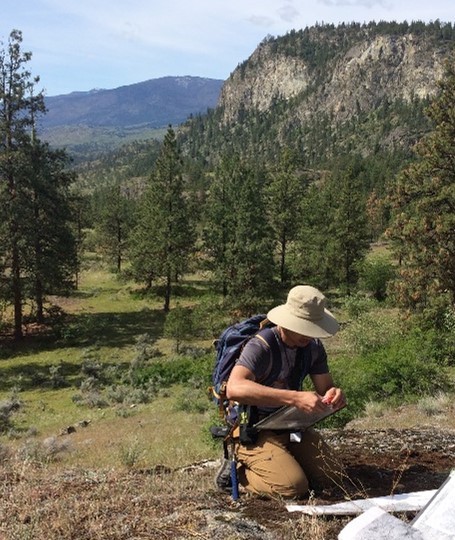 Environmental scientists might spend their days in the field, in a lab or in front of a computer. Good communication skills are not only critical for successful teamwork but also for communicating effectively with colleagues, clients, other scientists, policy makers and the public.
Environmental scientists might spend their days in the field, in a lab or in front of a computer. Good communication skills are not only critical for successful teamwork but also for communicating effectively with colleagues, clients, other scientists, policy makers and the public.
The Environmental Science specialization at UBC provides grounding in interdisciplinary science, a systems understanding of environmental challenges, strong critical thinking and research skills, the ability to work in teams and regular opportunities to communication orally and in writing. These skills are transferable to any workplace.
Graduates from an environmental science degree can move into careers in research, government, industry, law, medicine, occupational health, education or advocacy. Combined with other interests, environment science meaningfully informs international development, film-making or journalism, food systems management, sustainable business practice, resource conservation and management, environmental consulting or transportation and urban planning.
The Faculty of Science’s Environmental Sciences specialization page offers more details about skills, career options, Alumni stories, professions, and more.
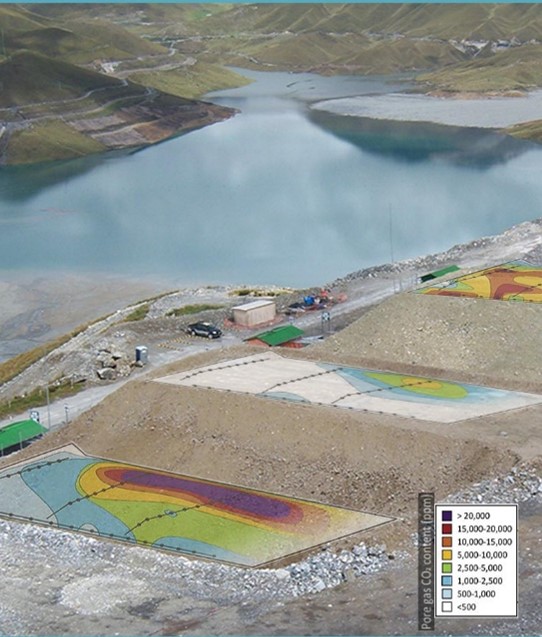 Out graduates of Geological Engineering are in high demand and have a wide selection of career opportunities to choose from. Further post-graduate studies is also an option. Senior Geological Engineers become international experts, with many serving as CEO's or owning consulting companies.
Out graduates of Geological Engineering are in high demand and have a wide selection of career opportunities to choose from. Further post-graduate studies is also an option. Senior Geological Engineers become international experts, with many serving as CEO's or owning consulting companies.
Sectors in which our graduates work and make a difference include natural resources; environmental protection; civil infrastructure; natural hazards; life lines; water management; energy and related fields.
The Geological Engineering careers page provides more details about what each of these areas of employment, including some indication of the breadth of organizations for whom you can work. At that website, the “Escape the Office” page offers further descriptions of just what exactly Geological engineering is, what makes a good geological engineer, how this profession is crucial to society, and helps you decide if geological engineering might be a good fit.
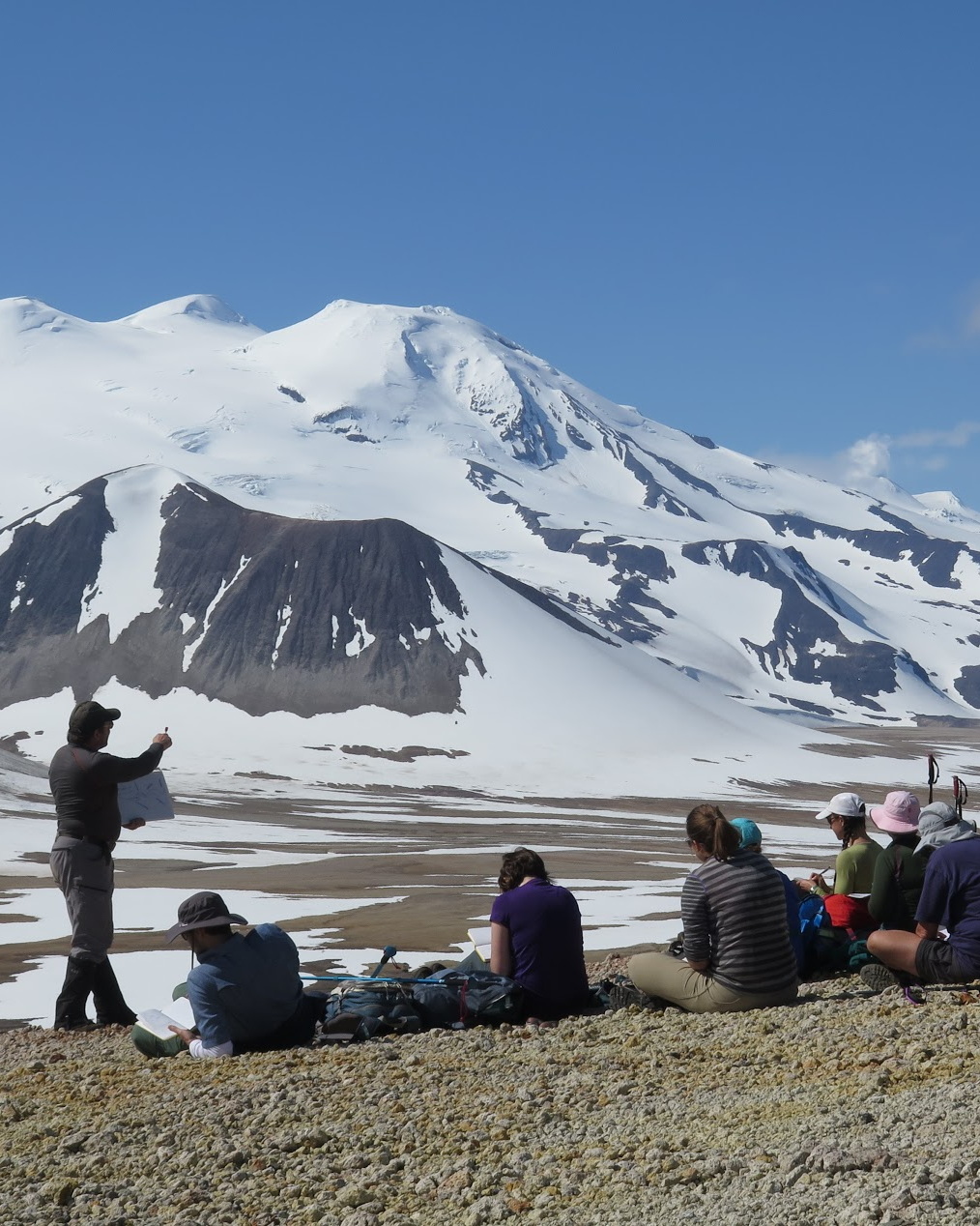
The rapidly changing future of energy, mineral and water resources, environmental stewardship, the effects climate change, and hazard assessment present challenges to society and geoscientists. The domain of a geologist’s knowledge encompasses the Earth’s composition, history, and processes, including:
- the origin and evolution of Earth and terrestrial planets
- chemical and physical properties of minerals, rocks, and fluids
- the history of life as preserved in the fossil record
- the formation and distribution of mineral deposits, petroleum reservoirs and water resources
- geologic hazards such as earthquakes, volcanoes and unstable ground
- the quality, distribution and movement of groundwater
The Faculty of Science’s geological sciences specialization page offers more details about skills, career options, Alumni stories, professions, and more.
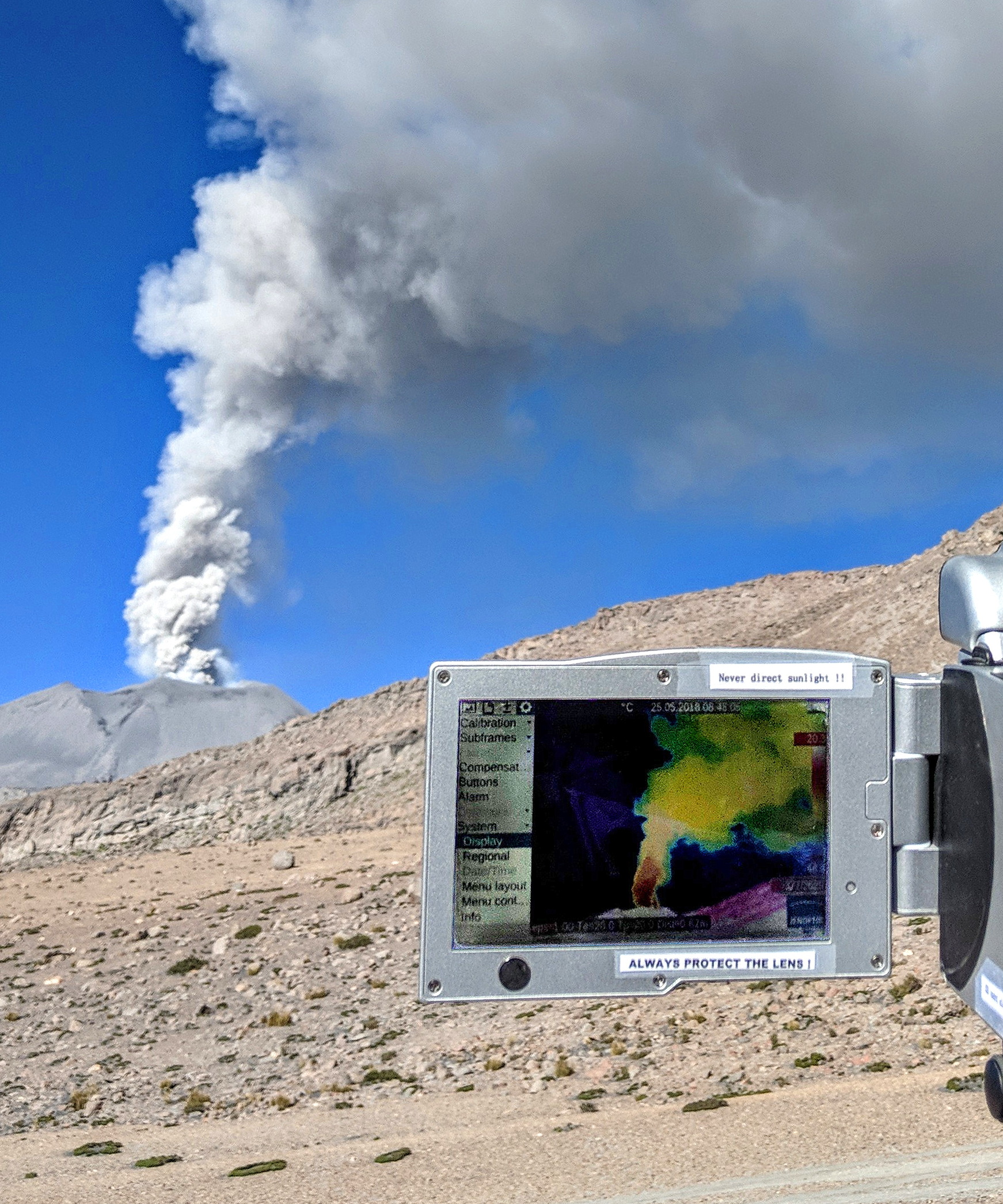
Geophysicists make unique and critical contributions by applying mathematics, physics and computational skills to address society’s needs regarding the environment, energy and resource management, construction, hazards mitigation and many other issues. Sophisticated computing methods and instruments model or measure physical properties and behaviors of the Earth (or other planets) and its materials so that associated decisions are made to benefit society while ensuring sustainable stewardship of our planet.
Geophysicists use surface, airborne or satellite methods to gather data for visualization and modelling work that characterizes the surface and subsurface of Earth and other planets. To achieve their goals, geophysicists often are first to conceive and develop state-of-the-art computing and instrumentation technologies. Many work as senior decision makers in the energy and resource (oil, gas, minerals, water) sectors while others assess hazards, conduct fundamental research, evaluate building sites, or characterize local, regional or global settings to better understand our planet. They are highly versatile professionals who are well prepared to move into other technology, science-based or management positions in industry, academe, or government settings.
The Faculty of Science’s geophysics specialization page offers more details about skills, career options, Alumni stories, professions, and more.
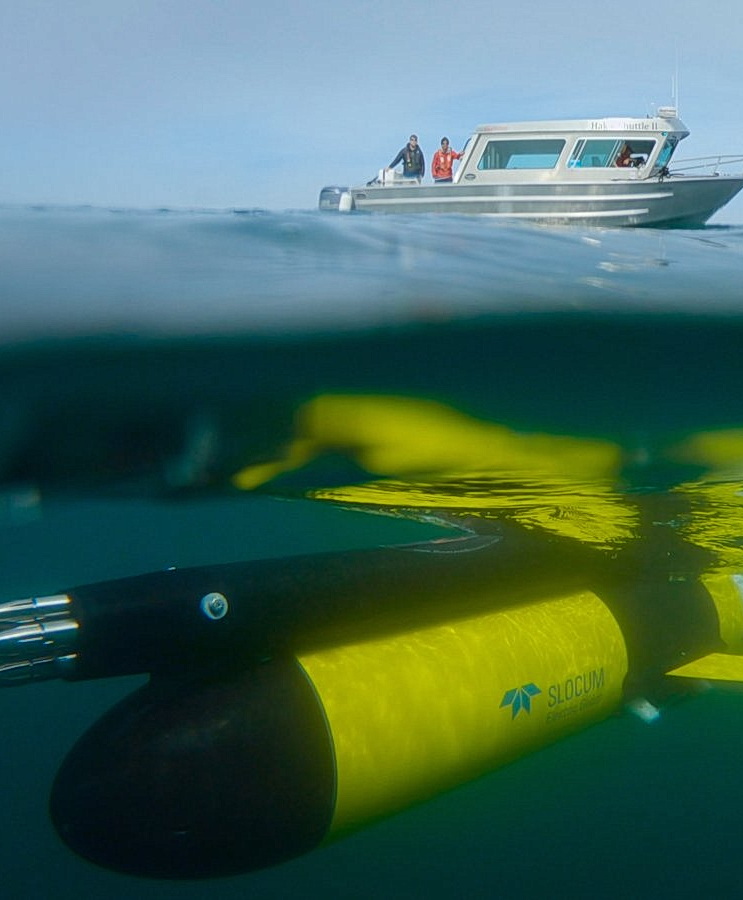
Oceanographers work in academic or other research laboratories and in industries ranging from fisheries and resources to coastal ecosystem management and tourism. They have a widely applicable and unique combination of skills in data science, biology, physics, and chemistry. Assessment and management of ocean and coastal environments, resources and hazards are frequent contexts for professional work. Field, laboratory and data science are combined with knowledge of the oceanic environment to qualify you for a diverse jobs with local, industrial, government and environmental organizations affecting policy, community safety and sustainability, commerce, and education.
The Faculty of Science’s oceanography specialization page offers more details about skills, career options, Alumni stories, professions, and more.